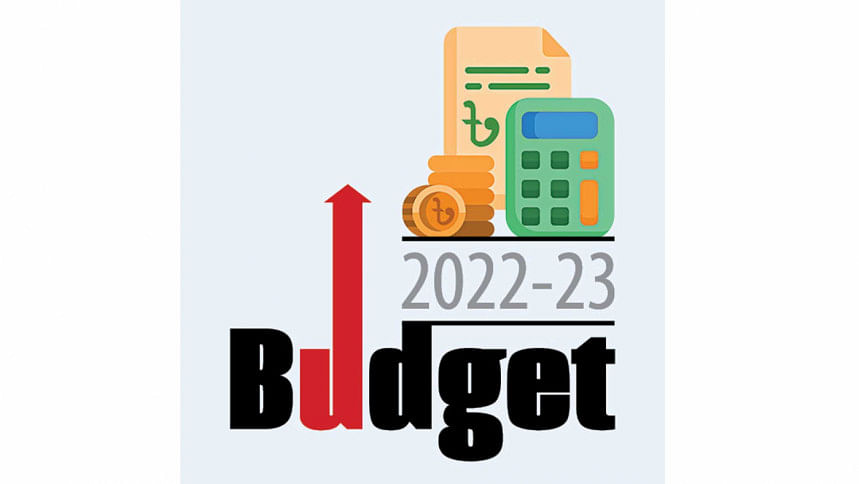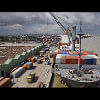Tax measures: Tailored for ‘Made in Bangladesh’

There is bad news for consumers of imported luxury items: they will get dearer thanks to the tax measures the National Board of Revenue is preparing for the new fiscal year that begins on July 1.
Following last week's increase in regulatory duty on the import of 135 items including cosmetics, flowers, fruits and furniture, the NBR is planning a bigger hike for fiscal 2022-23.
At present, an import is subjected to customs duty, advanced income tax, value-added tax, supplementary duty and regulatory duty.
The NBR is considering raising the rate for all or just one or two components, said a finance ministry official on condition of anonymity as he is not authorised to speak with the media ahead of the budget, which will be placed before the parliament on June 9.
"It is still being worked out but luxury imports will definitely face higher tariffs next fiscal year."
In the tax law, there is no definition of what constitutes a luxury item.
The revenue authority is now drafting a list of items that can be treated as a luxury, he said, adding that high-tariff value items will be marked as luxury.
The next course of action will be decided once the list is in place.
"The AIT for some items can be increased, or the supplementary duty or the rates for all tax components can be raised. There is still time for the NBR to do its computation."
But items like cars, refrigerators and air conditioners will most definitely become more expensive, the official added.
The move is expected to preserve the precarious level of foreign exchange reserves.
On May 25, foreign exchange reserves stood at $42.3 billion, enough to cover at best five months' import -- much lower than the prescribed safety net of eight to nine months' import bill.
At the same time, the government is hoping it would give impetus to the 'Made in Bangladesh' agenda.
It is expected to encourage the local manufacturers of home appliances and improve the quality of their merchandise so that importing those items would not be necessary in the long run.
In a push for the 'Made in Bangladesh' plan, the government will also slash the corporate tax rates by 2.5 percentage points for both listed and non-listed companies that are in manufacturing.
For listed companies, the corporate tax rate will come down to 20 percent. But for banks and mobile operators, the corporate tax rate will remain unchanged.
The move is expected to also encourage companies to get listed with the bourses, which are in want of quality stocks.
For non-listed companies, the corporate tax rate would come down to 27.5 percent.
"This is the right step as the corporate tax rate in Bangladesh is higher than the South Asian average," said Nasiruddin Ahmed, a former NBR chairman.
Gradually, the corporate tax rate will be brought down to 25 percent, according to the finance ministry official.
"I don't see why there needs to be a distinction between listed and non-listed companies. If the corporate sector flourishes, it is good for the economy as it will generate employment," Ahmed added.
Another measure that is in the works is the withdrawal of tax exemption for poultry and fisheries industries.
The purpose of tax exemption is to help the domestic industry become more competitive.
"But poultry and fish are not imported, so there is no competition from foreign producers. There is no need for tax exemption for these two sectors," the finance ministry official said.
Instead, retracting the tax exemption will compel the local industries to level up.
Besides, many use the facility to evade taxes, according to Ahmed.
"This is actually a concern and the Anti-Corruption Commission has lodged many cases," he said.
The poultry and fisheries sectors are composed of a large number of small producers who are outside the tax net, according to the finance ministry official.
"You could say those industries have perfect competition, as they say in economics."
In economics, perfect competition is when a large number of producers with the willingness and ability to supply the homogenous product at a certain price exists. As a result, individuals are unable to influence prices more than a little.
"And the taxmen are yet to reach them, so removing the tax exemption facility will have no impact on them. On the upshot, one of the many loops for tax evasion will be closed," the official added.

 For all latest news, follow The Daily Star's Google News channel.
For all latest news, follow The Daily Star's Google News channel. 








Comments